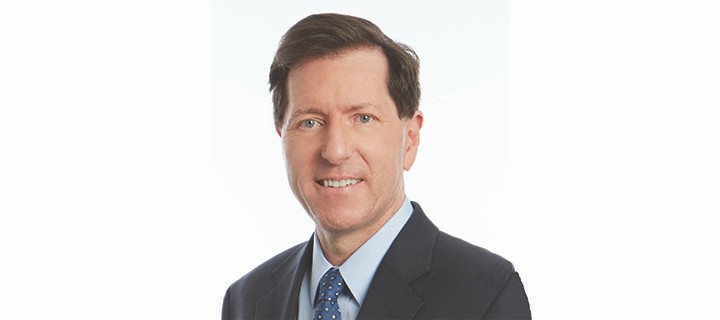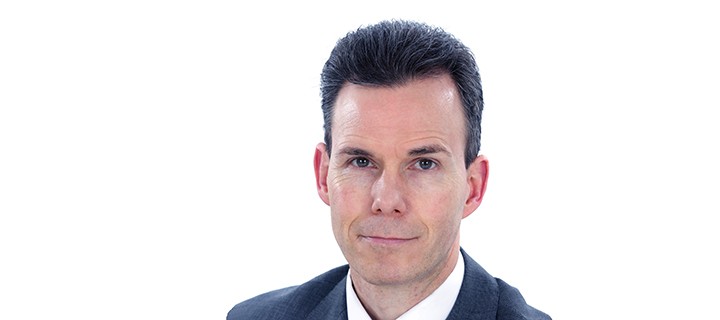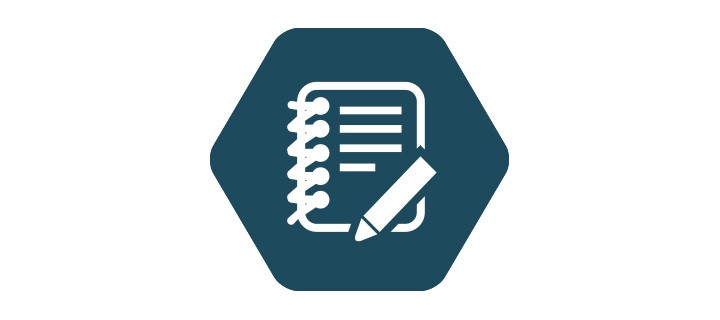Big data: a smart catch for consumers at Sainsbury's
This blog was written for Measure What Matters by Judith Batchelar OBE, Director of Sainsbury's Brand.
Judith is a member of the Measure What Matters advisory council as well as the Chair of A4S's Communications Group.
I love Moore’s Law, the law authored by Gordon Moore, who observed that over the history of computing hardware, the number of transistors in a dense integrated circuit has doubled approximately every 2 years. I love it because of what it has meant to us and our capacity to measure complex things and big data sets that, even in recent history, we would have thought unimaginable. Moore’s Law means we have the capacity to store very large amounts of data, and we can handle that data at pace to provide real time, or near real time, insights and information. And, finally, all of that is now affordable and routinely accessible.
So how does this fit with the UN's Global Goals for Sustainable Development goal 14, “Life below water” and Sainsbury’s?
For a long time Sainsbury’s have led the UK - and indeed the world - in our quest to only source sustainable fish: in the case of wild caught fish, fish that has been independently certified as sustainable by the Marine Stewardship Council; in the case of farmed fish, certified by the Aquaculture Stewardship Council. Farmed fish is easier for us to manage as we know where the farms are and we know how the fish are being managed, including the impact we are having on the local environment.
Wild caught fish is not so easy. Much of it is caught thousands of miles away in the middle of large oceans where it is difficult to see what’s really going on, let alone manage it. We have to rely on the certification process for the fish, but that paper based system only starts when the fish is landed. We want to know what is happening at sea.
If you add to this challenge the knowledge that official estimates state that approximately 25% of the total global fish that is caught is actually caught illegally, then how as a business do we ensure we are doing the right thing, and that we are part of the solution and not part of the problem ? How do you “know” what is going on thousands of miles out at sea?
Well, now we can. With the help of the Satellite Catapult at Harwell, UK and big data analysis, we can literally “look” at the ships and boats that are catching fish for Sainsbury’s and see what they are doing. We can handle this data in real time and we can look at it retrospectively, but most importantly, we can have absolute confidence that when we say a fish is sustainable, it actually is.
So how do we do this?
Earth observation satellites photograph fishing vessels around the world using their vessel's automatic location communicator (they can even see when vessels have switched this signal off). The satellites then clash this data with other data sets which can tell them the vessel’s home port, its license and quota, and the method of fishing it is meant to use. They take this information and, by using complex algorithms, can tell whether the vessel is behaving as would be expected, given everything we know about that vessel. It can then report fishing behaviour that is not as expected, giving us data and information that is vital if we are to protect fisheries and the marine environment in general.
So now we really can "measure what matters” when it comes to illegal, unreported and unregulated fishing. Protecting “Life below water" becomes a real possibility.



